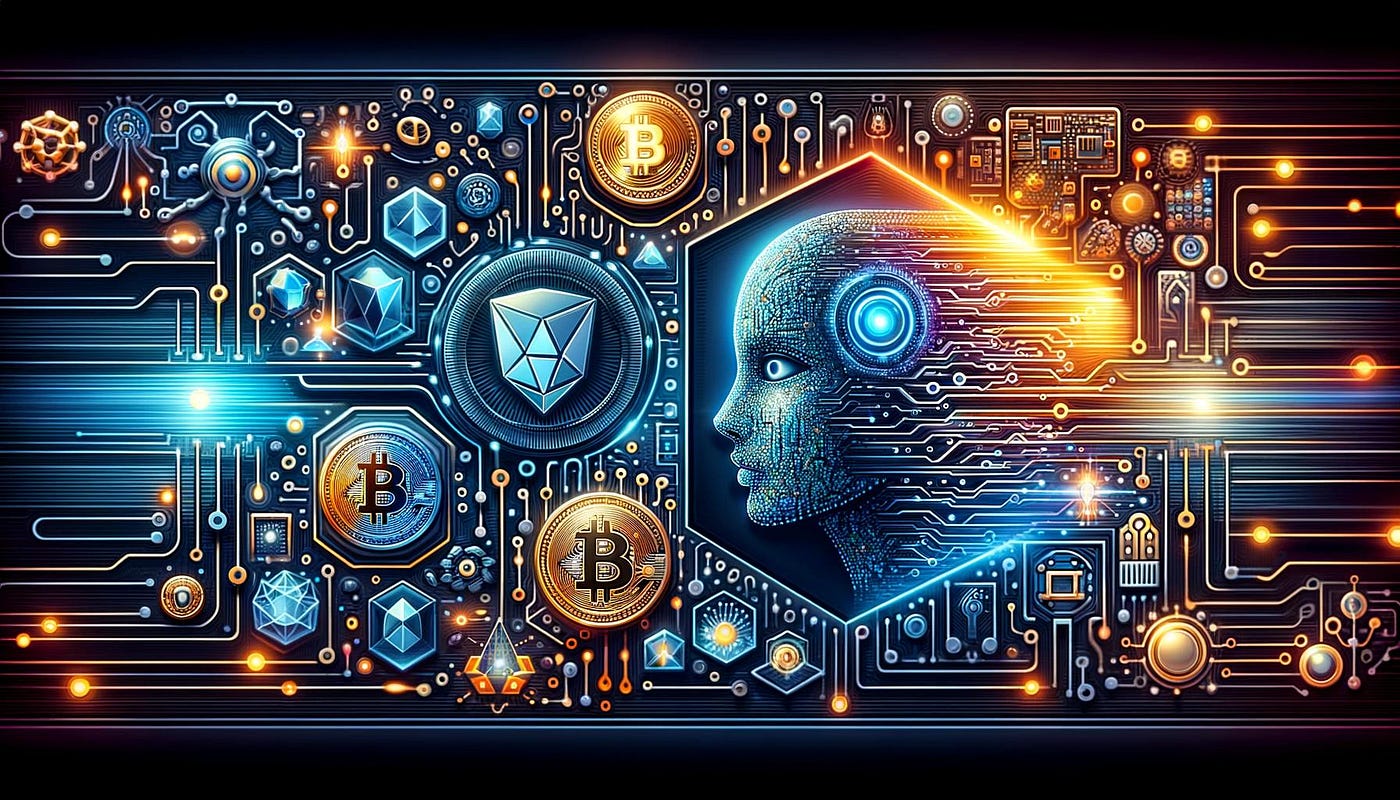Technology has become a powerful tool for empowering individuals, businesses, and entire societies. Innovations like blockchain and artificial intelligence (AI) are transforming industries, increasing transparency, and improving efficiency. From financial inclusion to enhanced decision-making, these technologies enable people to access resources, improve productivity, and create a more equitable digital economy.
This article explores how blockchain and AI contribute to empowerment, their applications across different sectors, and the challenges that come with their adoption.
1. The Role of Technology in Empowerment
Empowerment refers to providing individuals or communities with the ability, resources, and knowledge to make decisions that improve their lives. Technology plays a key role by:
- Bridging the information gap: Making knowledge more accessible.
- Creating financial opportunities: Digital banking, decentralized finance (DeFi), and AI-driven businesses.
- Enhancing transparency and accountability: Reducing fraud and corruption.
- Improving decision-making: AI-driven insights help businesses and individuals make better choices.
2. Blockchain: Enabling Transparency and Financial Inclusion
It provides significant advantages in areas like finance, governance, and supply chain management.
a) Financial Inclusion and Decentralized Finance (DeFi)
Many people, especially in developing countries, lack access to traditional banking. Blockchain-based financial systems offer secure and cost-effective alternatives:
- Cryptocurrencies: Enable fast and low-cost transactions across borders.
- Smart contracts: Automate agreements without intermediaries, reducing costs and fraud.
- DeFi platforms: Provide access to lending, savings, and insurance services without traditional banks.
For example, platforms like Ethereum and Binance Smart Chain have enabled microloans and financial services for people who were previously excluded from banking.
b) Governance and Transparency
Governments and organizations use blockchain to improve transparency and reduce corruption. Blockchain-based voting systems, such as those tested in Estonia and Switzerland, ensure secure and verifiable elections. Similarly, supply chain tracking allows consumers to verify the authenticity of products, reducing fraud and unethical business practices.
c) Digital Identity and Data Ownership
Many people lack formal identification, which limits their access to essential services. Blockchain-based identity solutions, such as self-sovereign identity (SSI), allow individuals to control their personal data while proving their identity for banking, healthcare, and education.
3. AI: Transforming Decision-Making and Efficiency
Artificial intelligence (AI) is revolutionizing industries by automating processes, analyzing vast amounts of data, and improving decision-making. It empowers individuals and businesses in various ways:
a) AI in Business and Employment
AI enhances productivity and creates new job opportunities by:
- Automating repetitive tasks: AI-powered chatbots, customer support, and workflow automation.
- Personalized recommendations: E-commerce and streaming platforms use AI to suggest relevant products and content.
- Data-driven insights: AI helps businesses make informed decisions, improving efficiency and profitability.
For instance, AI-driven platforms like ChatGPT and Google Bard assist professionals in research, content creation, and customer interactions, increasing productivity.
b) AI in Healthcare
AI improves healthcare by enabling faster diagnosis, personalized treatment, and remote patient monitoring. Examples include:
- AI-assisted diagnostics: Detecting diseases like cancer from medical images.
- Chatbots for mental health support: Providing therapy and emotional assistance.
- Predictive analytics: Helping hospitals manage resources efficiently.
Companies like IBM Watson Health and DeepMind are leading AI applications in medical research and diagnosis.
c) AI in Education
AI-powered tools enhance learning experiences by:
- Personalizing education: Adaptive learning platforms adjust content based on student progress.
- Providing access to knowledge: AI tutors and language translation tools help learners worldwide.
- Automating administrative tasks: AI reduces teachers’ workload, allowing them to focus on students.
For example, Duolingo and Khan Academy use AI to provide personalized learning experiences.
4. Challenges and Ethical Considerations
Despite their benefits, blockchain and AI pose challenges that need to be addressed:
a) Accessibility and Digital Divide
- Many people still lack access to the internet and digital devices.
- Education and training are needed to ensure equal participation in blockchain and AI opportunities.
b) Security and Privacy Concerns
- Blockchain: While secure, blockchain faces risks like hacks on smart contracts and privacy issues in public ledgers.
- AI: Ethical concerns include data privacy, bias in AI models, and the potential misuse of AI-powered surveillance.
c) Regulation and Adoption Barriers
- Governments are still developing regulatory frameworks for blockchain and AI.
- Businesses and individuals must adapt to fast-changing technologies to remain competitive.
5. The Future of Empowerment Through Technology
As blockchain and AI continue to evolve, they will unlock new opportunities for economic growth, innovation, and social progress. Future trends include:
- Decentralized AI: Combining blockchain and AI to ensure transparency in AI decision-making.
- AI for sustainable development: Using AI to address climate change, optimize energy use, and improve disaster response.
- Mass adoption of digital identities: Blockchain-based identity solutions enabling global financial and social inclusion.
Conclusion
Technology has the power to empower individuals, businesses, and governments. Blockchain enhances transparency, security, and financial inclusion, while AI revolutionizes decision-making, healthcare, and education. However, challenges like accessibility, security, and ethical concerns must be addressed for these technologies to reach their full potential.
By fostering responsible innovation, education, and inclusive policies, we can harness blockchain and AI to create a future where technology empowers everyone. 🚀
